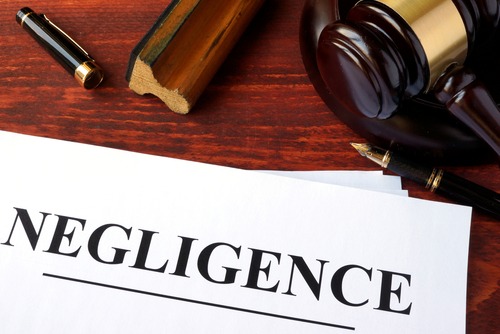ERISA and Disability Benefits
What is ERISA? This is known as the Employee Retirement Income Security Act of 1974, which is a federal law that regulates the retirement plans of private employers. ERISA typically focuses on retirement plans but isn’t just limited to that. No, it also has provisions affecting other employee benefits, including any disability insurance plans that a private employer offers to its employees. Any employees covered by employer sponsored health and disability insurance plans should take special precuations to understand ERISA’s protections in general, as well as its requirements. This is a good way for an employer to protect their overall rights.
Many people will ask themselves, then: Why is the initial disability claim such an important move? Well, it’s ultimately a difficult process to overturn a denial of ERISA disability benefits in a court setting. Why? The insurance company only needs to show a small amount of evidence to support its decision to deny benefits. The judge will review the claim and the accompanying documents and, if any errors were made during the application process or there wasn’t enough support in the claim, your chances of winning are slim. This means one thing: Your initial claim should be as strong as possible to reduce the odds of denial happening in the first place!
Step-by-Step Approach of Long-Term Disability Claims
- Make sure to always read the policy. Actually reading and understanding your policy is an important step to take before filing your claim. You want to become familiar with what is and what is not covered. Under ERISA, you have the right to receive copies of documents like the Summary Plan Description and the insurance policy itself.
- Know when the date of disability took place. Everything following the disability such as proof of claim and so much more will be based on the date that it happened. Determine how a disability is defined, and then identify the actual date that you would be considered disabled under the insurance plan.
- Identify the LDW, or last day you worked. Gather plenty of documents that support the disability you sustained before you stop working.
- Be aware of all deadlines. Your policy will more than likely outline all deadlines that need to be met. It’s important to familiarize yourself with them because a failure to meet any deadlines could mean, in the end, you won’t get disability benefits that you deserve.
- Receive copies of your medical records. What your medical records say about your condition will be the same information that the insurance company will use to approve or deny your claim. They must contain objective proof of disability. After this, you can speak to a lawyer.
Common Mistakes
Unfortunately, mistakes sometimes happen in the process that could jeopardize your ability to obtain benefits at all. This could include assuming that you have enough evidence for your claim just because an employer says so, relying on your HR department, participating in activities your doctor warned against, and even working with a lawyer who is not experienced in ERISA. You could benefit greatly by investing in a lawyer who understands exactly what you want out of this process. Call MDL for a free consultation today. They will be able to answer all questions about the rules that govern the disability application process and help you out with deadlines.

















